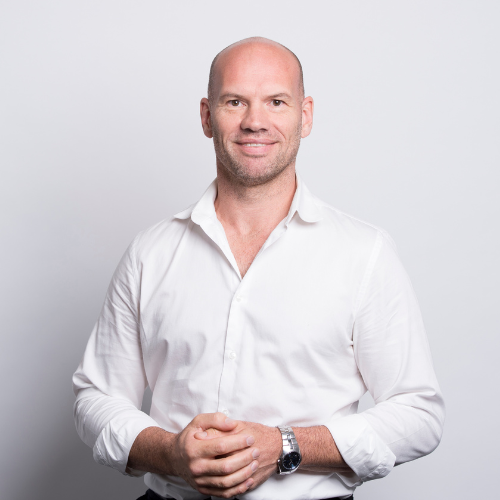Question
How does diet affect testosterone levels?
Answer
From eating oysters to avoiding soy – online articles and wellness influencers have plenty of dietary recommendations to boost testosterone levels. But the evidence to back them up is slim, at best.
One of the most reliable summaries of the evidence on this topic says the quality of your diet does not have major effects on testosterone levels. However, eating more than you need for your level of energy expenditure (how physically active you are) can lower your testosterone level by making you overweight. It also means that, if you are overweight or obese, losing weight can increase your testosterone level.
Australians get around one-third of their energy from foods that we should avoid, like confectionary, soft drinks, ice cream, pies, sausage rolls, potato chips, biscuits, cakes and alcohol. Avoiding these sorts of foods can help you to maintain a healthy weight and a healthy testosterone level. Doing enough physical activity will also help.
So it seems like there’s no need to waste money on supplements, testosterone “boosters” or specific “superfoods”, you just need to eat well.












